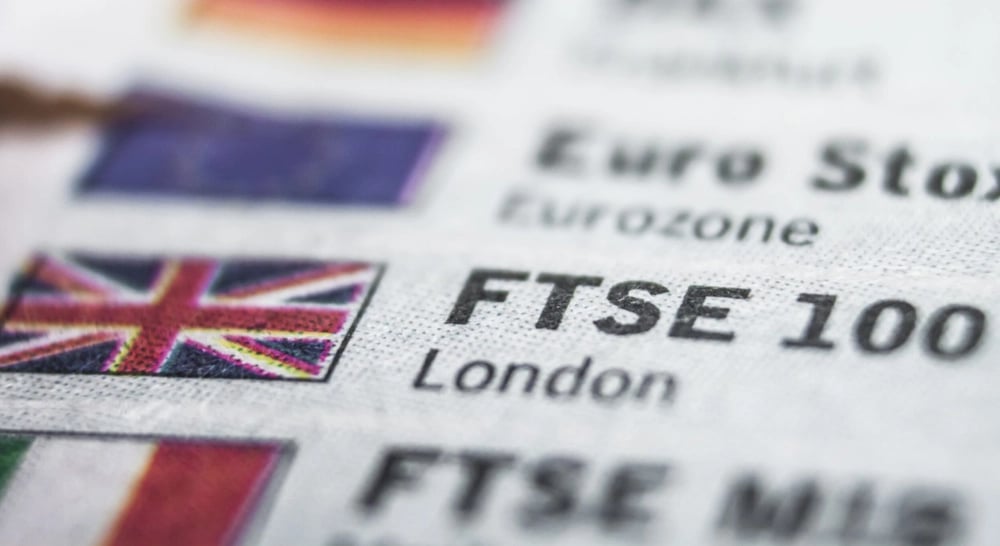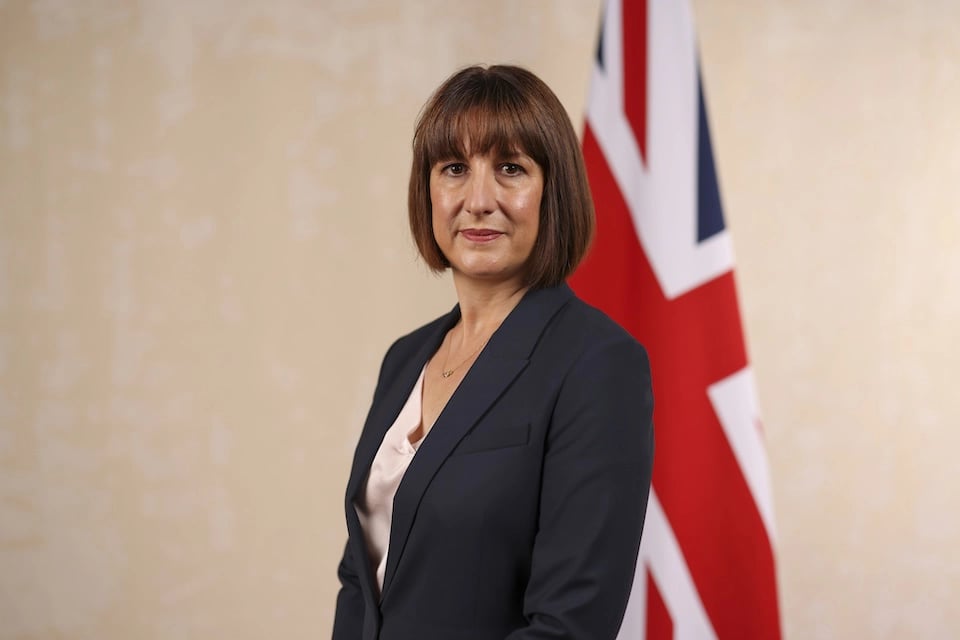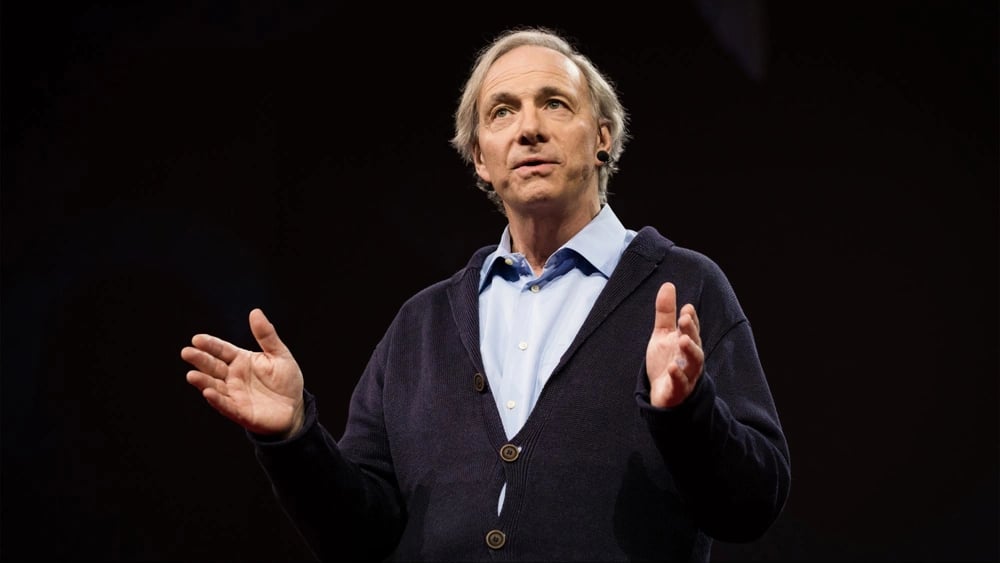

Recently, significant attention from investors and financial analysts has been focused on London, where the FTSE 100 index $^FTSE experienced a notable decline following one of the longest winning streaks since 2017. The export-oriented index showed minor fluctuations by the close after gaining for 13 consecutive sessions. This development has sparked considerable discussion about the market's future direction.

The dynamics of financial markets are constantly evolving, and recent statements from Vanguard have captured the attention of analysts and investors alike. According to their forecasts, the pound sterling has a strong chance of reaching its highest level since 2021, particularly given the minimal impact of the global trade war on the UK economy. This optimism is rooted in several key factors that merit a closer examination.

New steel import tariffs imposed by former President Donald Trump have prompted the United Kingdom to expedite its strategic roadmap for the domestic steel industry. The decision, announced by the Observer, comes weeks before the originally scheduled release of the "Green Paper" for the sector. This accelerated timeline reflects the urgency felt by UK officials, driven by both internal and external economic pressures.

The UK Chancellor of the Exchequer, Rachel Reeves, is set to announce a significant reform in the management of corporate pension funds, aiming to free up tens of billions of pounds for reinvestment. This initiative seeks to revitalize the stagnating British economy and support Prime Minister Keir Starmer's ambitious plans to improve living standards and restore the nation's aging infrastructure.

The founder of financial giant Bridgewater Associates, Ray Dalio, has raised serious concerns about the economic situation in the United Kingdom, highlighting the risk of a "debt death spiral." This phenomenon refers to the need for continuous borrowing of increasing amounts to cover rising interest expenses, which could lead to severe consequences for the country's economy.